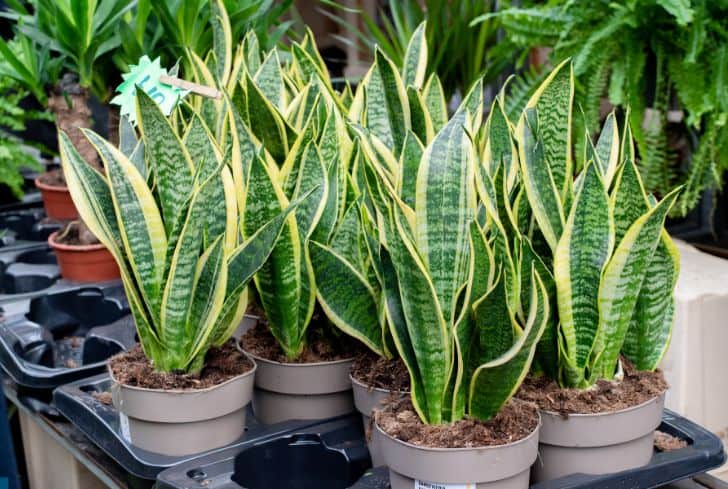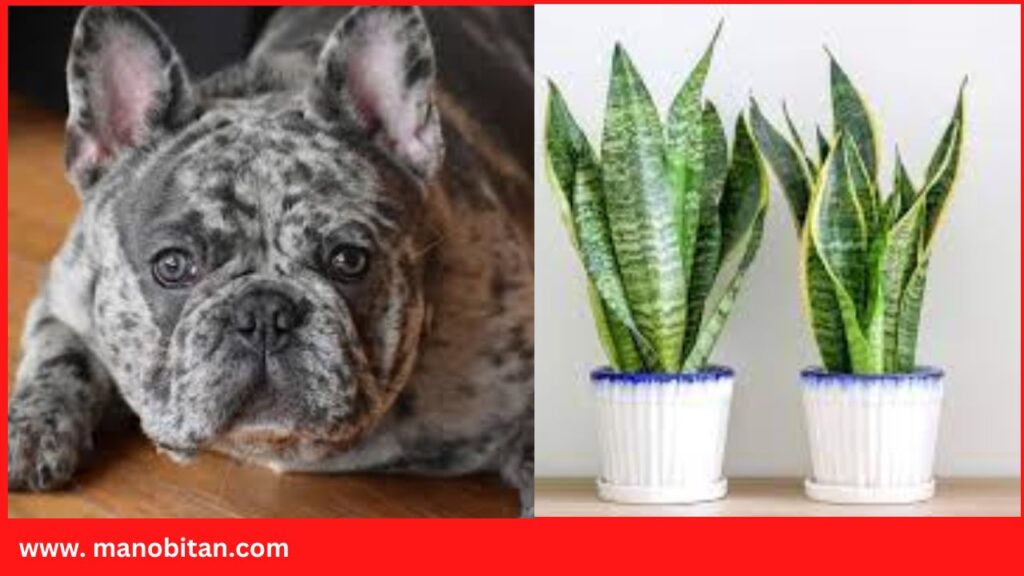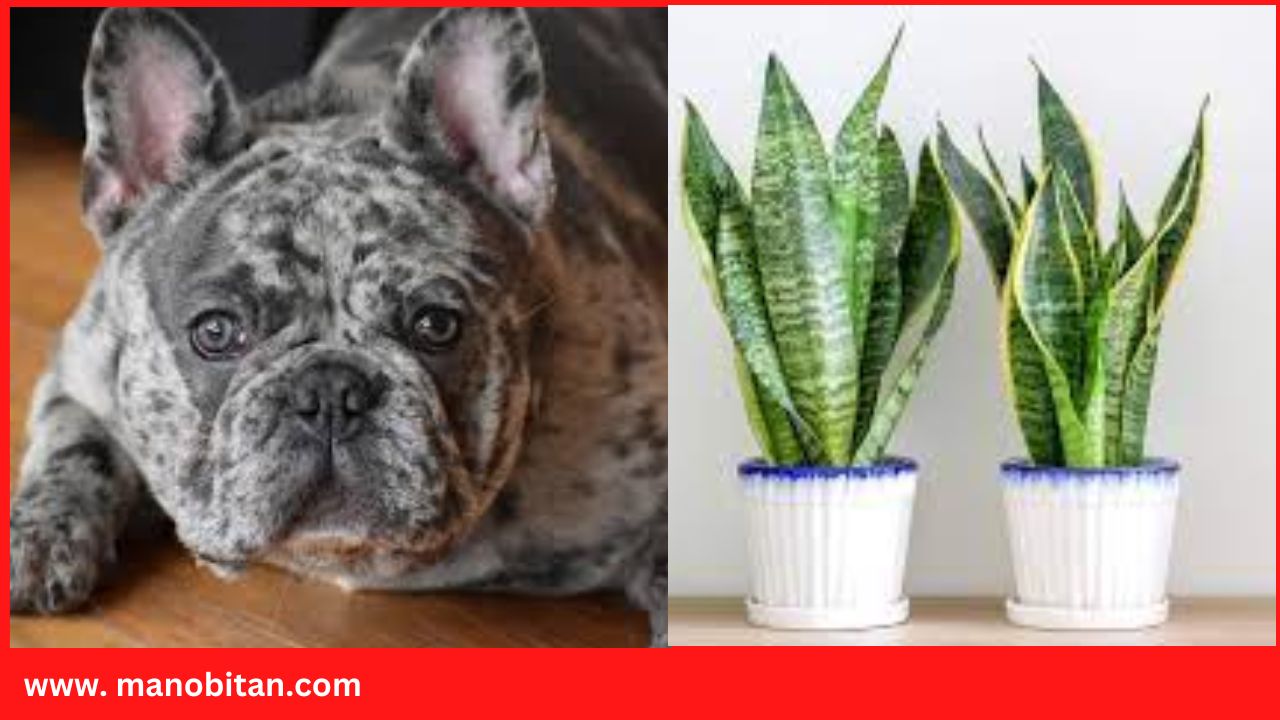Are Snake Plants Toxic to Dogs
Sansevieria, or snake plants, are a common choice for indoor plants because of their appealing appearance and minimal upkeep needs. Pet owners, on the other hand, are frequently concerned about the safety of plants around their furry friends. This essay will examine the toxicity of snake plants to dogs, any risks they may present, and how to protect your precious pets.
The wellbeing and security of our furry pals is a top priority for pet owners. It’s important to be aware of any potential risks present in our homes, including those presented by indoor plants. Are snake plants safe to have around dogs despite their popularity as beautiful plants and their reputation for purifying the air?
What is Snake Plants ?
Native to tropical parts of southern Asia, Madagascar, and Africa, snake plants are also known as mother-in-law’s tongue or Sansevieria. The long, upright leaves of these plants, which are often green with yellow or white variegation. Snake plants are a popular choice for both indoor and outdoor settings since they are resilient and versatile.
Common Snake Plant Varieties

Snake plants come in a number of well-liked kinds, each having distinctive leaf designs and development patterns. Several popular types include:
This form of Sansevieria trifasciata has dark green leaves with yellow margins.
Sansevieria trifasciata (var. Hahnii): The short, broad leaves of this compact type are a variant.
Sansevieria cylindrica is a plant with long, cylindrical leaves also known as the cylindrical snake plant.
Understanding Plant Toxicology
When plants are toxic, they have the potential to injure or illen animals or people who consume them. Many plants have naturally occurring substances that some species of plants may find harmful. In order to protect our dogs, it’s critical to comprehend the distinct risks connected to various plants.
Are dogs toxic to snake plants?

Dogs are not thought to be very harmful to snake plants. Snake plants are not hazardous to dogs or cats, according to the American Society for the Prevention of Cruelty to Animals (ASPCA). This indicates that it is unlikely to result in serious poisoning or life-threatening symptoms if your dog chews on or consumes a snake plant.
Dogs’ Snake Plant Toxicity Symptoms
Even while snake plants are often harmless for dogs, some canines could nevertheless develop a moderate gastrointestinal upset if they swallow a sizable amount of the plant. Dogs who have consumed snake plants frequently exhibit the following symptoms:
- Drooling
- Nausea
- Vomiting
- Diarrhea
How to Handle a Dog Who Eats a Snake Plant
Keep a watchful eye out for any signs of suffering if you think your dog may have consumed a snake plant. The symptoms will typically be minor and self-limiting.
It’s critical to get veterinary help right away if your dog exhibits serious symptoms including continuous vomiting, diarrhoea, or trouble breathing. For advice, get in touch with your vet or the local animal poison control centre.
The majority of the time, when dogs consume snake herbs, they experience minor symptoms that go away on their own. It’s crucial to keep an eye on your dog’s behaviour and give them access to plenty of clean water so they can stay hydrated. Encourage them to take it easy and heal.
Protection Tips for Pet Owners
Despite the fact that most snake plants are harmless for dogs, you should still take precautions to protect your animals’ health. For pet owners, consider these advice:
Placement: Keep your dog away from snake plants. To avoid easy access, store them on high shelves or in hanging baskets.
Supervision: Keep a tight eye on your dog’s behaviour around any new plants you bring into the house. Encourage against playing or chewing on the plant.
Instruction: Teach your dog not to chew on any plants or other non-edible objects. Techniques for redirection and positive reinforcement can be beneficial.



